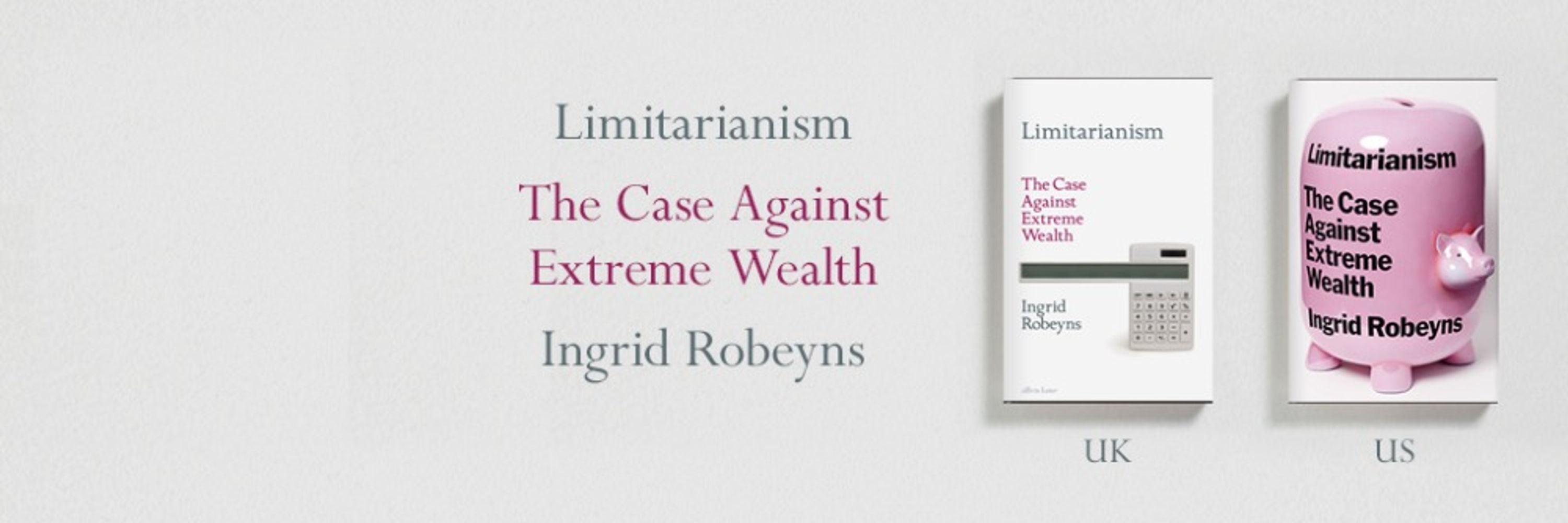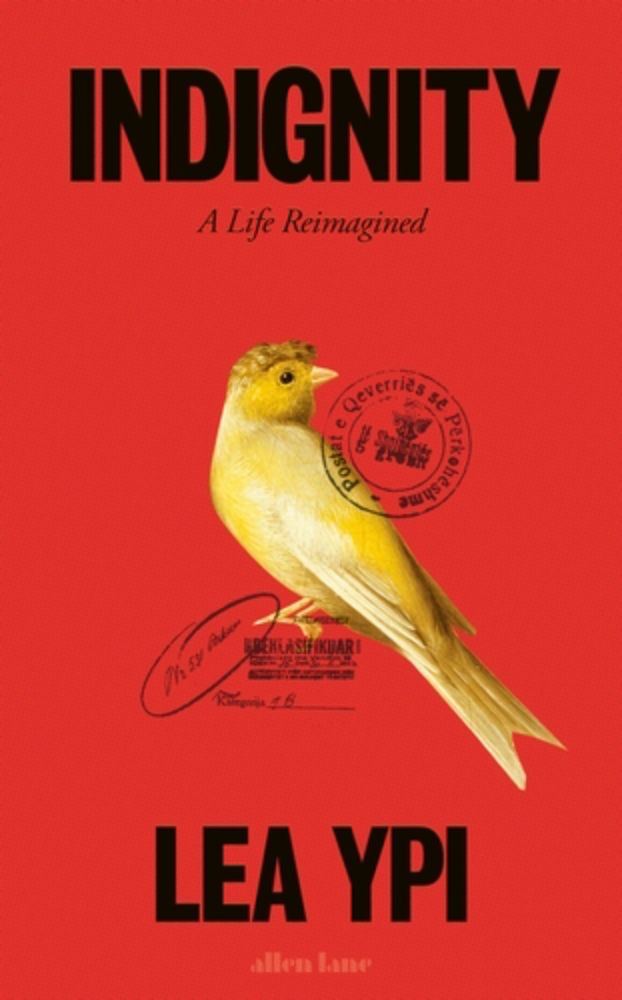Political philosopher; once upon a time economist. Prof @ Utrecht University | Public values (social justice, sustainability, quality of life). Fair economies, caring societies. #limitarianism
Ingrid A. M. Robeyns is a Belgian/Dutch philosopher who holds the Chair Ethics of Institutions at Utrecht University, Faculty of Humanities and the associated Ethics Institute.
Reposted by Garry Peterson
Reposted by Ingrid Robeyns
Reposted by Stefan Rahmstorf, Ingrid Robeyns, Katja Rietzler





